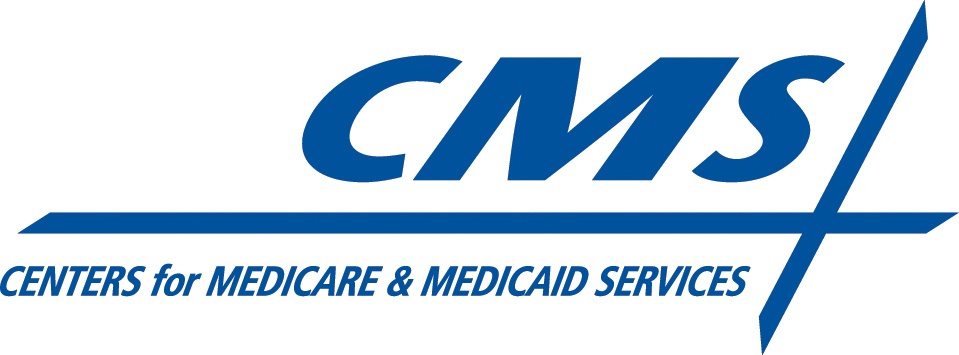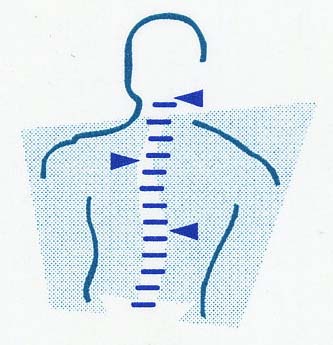The CMS has proposed an array of rule changes affecting physicians and their use of health information technology under various Medicare and Medicaid payment regimes, including delaying for at least a year a requirement for the direct, electronic reporting of physician quality data as part of the meaningful use requirements of the electronic health-record incentive payment program under the American Recovery and Reinvestment Act of 2009.
information technology under various Medicare and Medicaid payment regimes, including delaying for at least a year a requirement for the direct, electronic reporting of physician quality data as part of the meaningful use requirements of the electronic health-record incentive payment program under the American Recovery and Reinvestment Act of 2009.
“One key change in the rule is a proposal to continue to allow physicians and other eligible professionals (collectively referred to as EPs under the program) to qualify as having met a portion of their meaningful-use requirements for clinical quality measures by submitting attestations to the CMS.”
The 621-page proposed rule, released by the CMS this month, but not scheduled for official publication in the Federal Register until Wednesday, is open for public comment through August 30.
Via Modern Healthcare 7-13-2011







